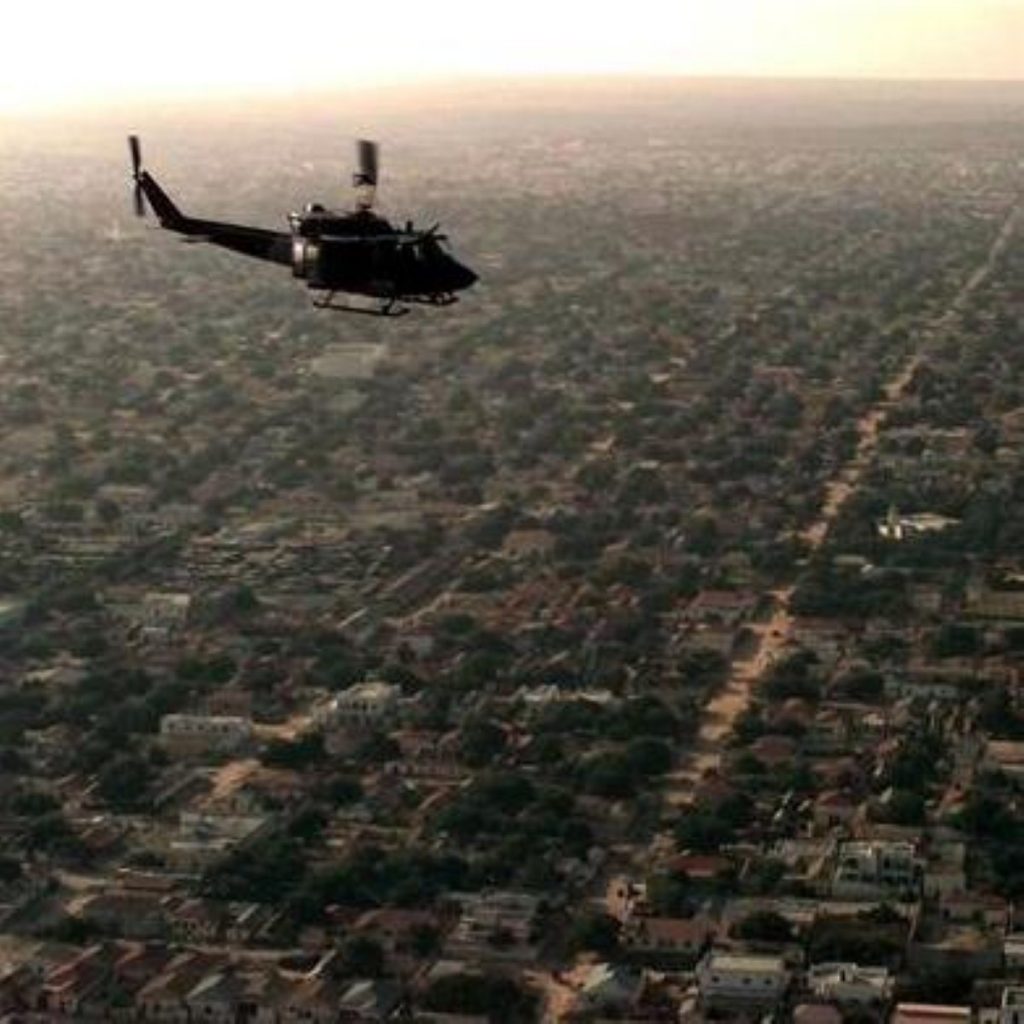Foreign Office: Somalia peace ‘not up to us’
The UK government backs a senior UN official’s claim that the international community can only make limited progress in helping Somalis find a permanent peace.
A Foreign Office official told politics.co.uk there is frustration within Whitehall about the limited influence external mediators, including the UK, can bring to bear on the situation.
The comments came as the United Nations’ secretary-general Ban Ki-moon’s special representative to Somalia, Ahmedou Ould-Abdallah, warned Somalis that “the world is not waiting for Somalia to settle its dispute”.
Earlier this month the transitional federal government and the Alliance for the Re-liberation of Somalia (ARS) reached agreement on the first stages of the Djibouti agreement.


This lays out first-stage agreements on the cessation of armed conflict, the deployment of peacekeepers and high-level political cooperation. A successful deal could end the 17-year period of anarchy since Somalia’s last functioning government collapsed in 1991.
Mr Ould-Abdallah warned that piracy, illegal fishing and the dumping of chemical, toxic and possibly nuclear waste in Somalia mean the struggle for power by Somali warlords is flawed.
There are currently around three million refugees from Somalia in the Horn of Africa region, in addition to an estimated one million internally displaced persons.
“If you win, you are going to win what country? Winner-takes-all has a devastating effect on this great continent,” he said.
“You spend the day fighting, you spend the night fighting. This country is plundered because its own citizens have no time for it. It is a disaster.”
External influences have had a damaging effect, Mr Ould-Abdallah argued, saying a pragmatic unity among the international community is the best approach to the problem.
Ultimately, however, he said Somalis should accept responsibility for ending their country’s ongoing crisis.
“Somalis should take themselves seriously. You have to do something for your country. You have a great country. And you have to adapt.”
Mr Ould-Abdallah and Foreign Office officials believe the international community has only a limited role to play in creating the conditions needed for a lasting peace.
It can help arbitrate the implementation of the Djibouti agreement, however. Talks are beginning today with representatives of the EU, US, Norway, League of Arab States and African Union, where budget resources will be discussed.












